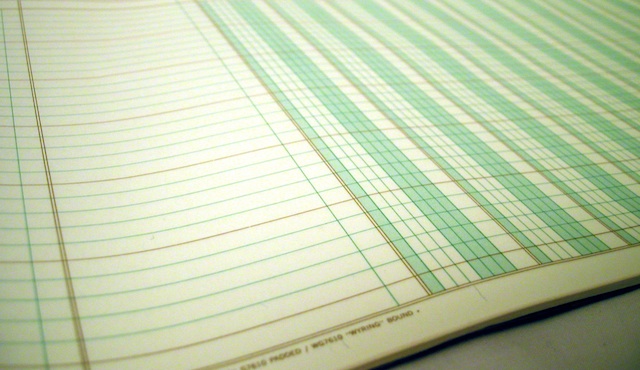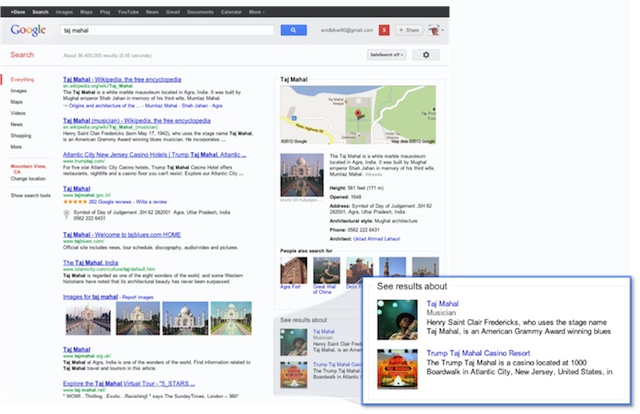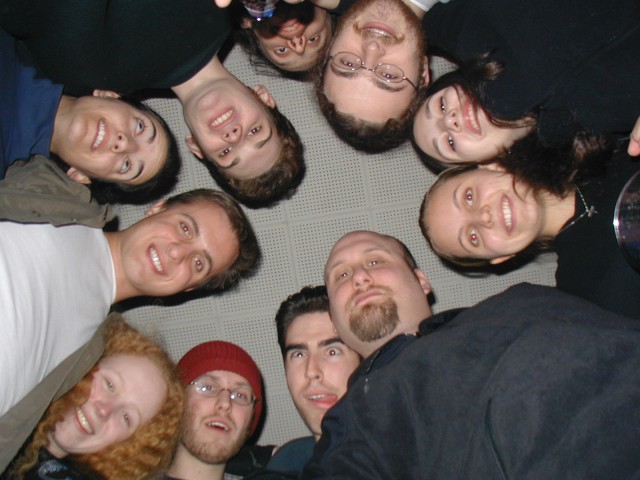The big winners of the Personal Computer era were the software companies. During that time firms like Microsoft, Oracle and Adobe became some of the most profitable companies on the planet.
With the arrival of cloud computing those profits started to dry up and those software companies that did so well out of the PC era are now scrambling to develop new products to meet a very different market.
Accounting software provider MYOB is a good example of this changing industry – a business that dominated the Australian small business market and supported an army of certified consultants now finds cloud based competitors like Xero nibbling away at their industry position.
MYOB Chief Technology Officer Simon Raik-Allen describes his company’s journey to the cloud in the latest Decoding the New Economy video clip.
“The cloud has amazing benefits for small business,” says Simon. “For twenty-two years we’ve had desktop products and for the last three or four years we’ve had cloud based services.”
“It’s been a really interesting journey, we’ve been on it for three or four years now where we’re converting the company to a cloud company.”
“But it’s also a cultural journey,” Simon observes. “I love seeing how people start to think differently when stuff is in the cloud.”
“Having things in the cloud opens the opportunity for employees to start slicing and dicing data in different ways.”
“It opens up the innovation curve to what’s possible.”
Bringing partners on the journey
Like Microsoft, one of MYOB’s strengths is its partner community – in particularly the company’s twenty thousand strong Certified Consultant program.
Those consultants, like Microsoft’s partners, are seeing their traditional revenue streams challenged as their business models change, a topic discussed with Growthwise’s Steph Hinds in a previous video interview.
“Everybody takes the cloud journey at their own place,” says Simon. “For bookkeepers in particular this is an opportunity to change their business in a positive way.”
“Normally a bookkeeper would drive around and visit two, three or four customers a day and help then with their books. Now they can help twenty customers in a single day.”
Looking beyond the cloud
Simon sees more than cloud computing changing accounting software with connected devices like the Pebble Watch, voice and gesture recognition along with Near Field Communications technology all being built into MYOB and computers in the near future.
“NFC is a very powerful technology,” Simon states. “Imagine in the accounting world where you are doing your books by moving your phone.”
“In retail NFC is going to be big where you can walk up to a product, wave your phone in front of it and it will tell you about the product.”
“We are very much driven by what our clients want,” says Simon. “It comes down to the use case of will it add to our customers’ business.”
An enthusiastic advocate
One of the things that’s impressive about talking with Simon Raik-Allen is his enthusiasm for technology, whether it’s Pebble Watches, NFC enabled robots or gesture controlled accounting software.
MYOB needs that enthusiasm in its move away from the once immensely profitable box software business onto the cloud where margins are thinner, the advantages of incumbency aren’t great and the competition from well funded competitors like Xero is immense.
As with many other ventures, MYOB is dealing with a huge disruption to their core business and the challenges are immense.
Image courtesy of Morrhigan through sxc.hu




